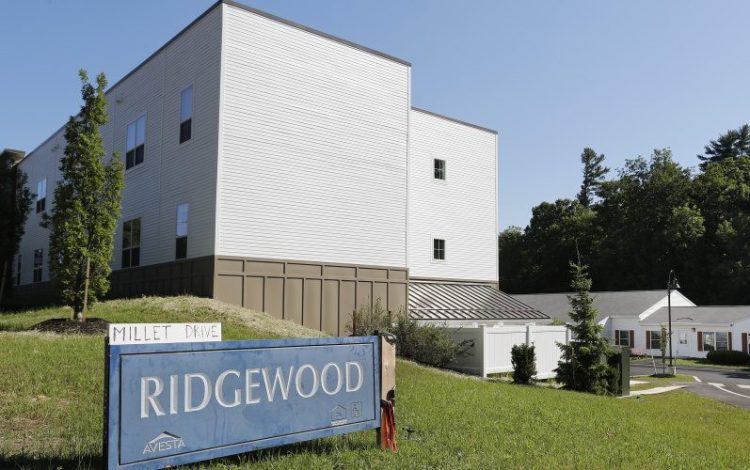Congratulations go out to Gov. Le-Page for his victory, nearly two years in the making, over the forces that would provide safe, affordable housing for Maine senior citizens.
And what a victory it was. Despite overwhelming support from both voters and legislators, $15 million that was supposed to act against the significant, widely recognized and growing problem of substandard senior housing will go unspent.
And for what? The governor could never decide, which is just as well, because his reasons for refusing to sign the voter-approved bonds – earmarked to build 225 housing units and weatherize old homes – never really made sense, nor did his actions ever back them up.
But he won, and we are left wondering if that is all that ever mattered to him. Not the 9,000 senior housing units the state needs now, nor the 15,000 it is expected to need within five years. Not the many seniors living in homes that are too big for their needs, too difficult to maintain, or too hard to heat.
And certainly not the nearly 70 percent of those who turned out at the polls in 2015 and supported the senior housing bond.
Those Mainers voted to respond to a pressing problem with an effective solution, one that had worked as recently as 2009, when a $49 million bond was passed, leading to the creation of 900 units of affordable housing thus far. Yet LePage refused to sign the bonds to release the money and leverage more than $20 million in private and other funds.
He said he wouldn’t sign because the bonds were designed to make “two or three people millionaires overnight,” although he refused to offer proof, and nearly everyone else around the issue found the claim ridiculous.
He said the bonds should be used for some other purpose, such as to create telemedicine portals in senior housing developments, or to help seniors deal with mobility issues. But in all this time, he has never sought out legislators, housing advocates or developers to find a compromise – you know, solve the problem as the state’s chief executive – and advocates say he rebuffed their efforts to broker a solution. It’s almost as if he didn’t want to find one.
Why would that be? It’s easy to think it’s got something to do with the proposal’s original sponsor, Mark Eves, the Berwick Democrat who frequently was the subject of LePage’s ire while Eves served as speaker of the House. Eves’ statewide listening tour on senior issues culminated in a proposal for a $65 million housing bond that was cut back by the Legislature before being sent to voters two years ago.
It may seem petty for LePage to hold so much of a grudge that he would torpedo the initiative even after Eves has left office. But that, along with the shifting rationales untethered to reality, is what we’ve gotten used to during the governor’s tenure.
The Legislature clearly read the governor’s intransigence and took steps to counteract it with bills to force the issuing of the bonds, with or without the governor’s signature. That strategy failed last year, and it failed again last week when enough House Republicans sided with LePage and voted to uphold his veto, killing almost any hope that the housing will be built before a new governor is elected in 2018.
On the last vote, LePage and his House Republican allies said it wasn’t about senior housing – it was about maintaining the governor’s authority to refuse, against all reason and evidence, to issue voter-approved bonds.
Well, congratulations – you did it. The governor can refuse to issue bonds. He can go against the wishes of a majority of Mainers and legislators. He can prevent low-income seniors from getting much-needed home repair and weatherization. He can make sure that the waitlist for affordable senior housing will continue to grow unabated for another two years.
Well done.
Send questions/comments to the editors.



Comments are no longer available on this story